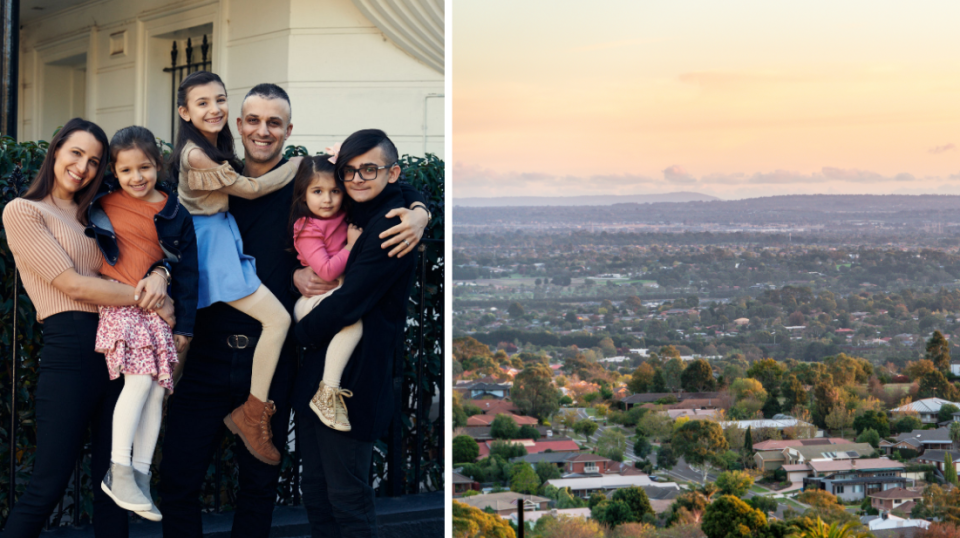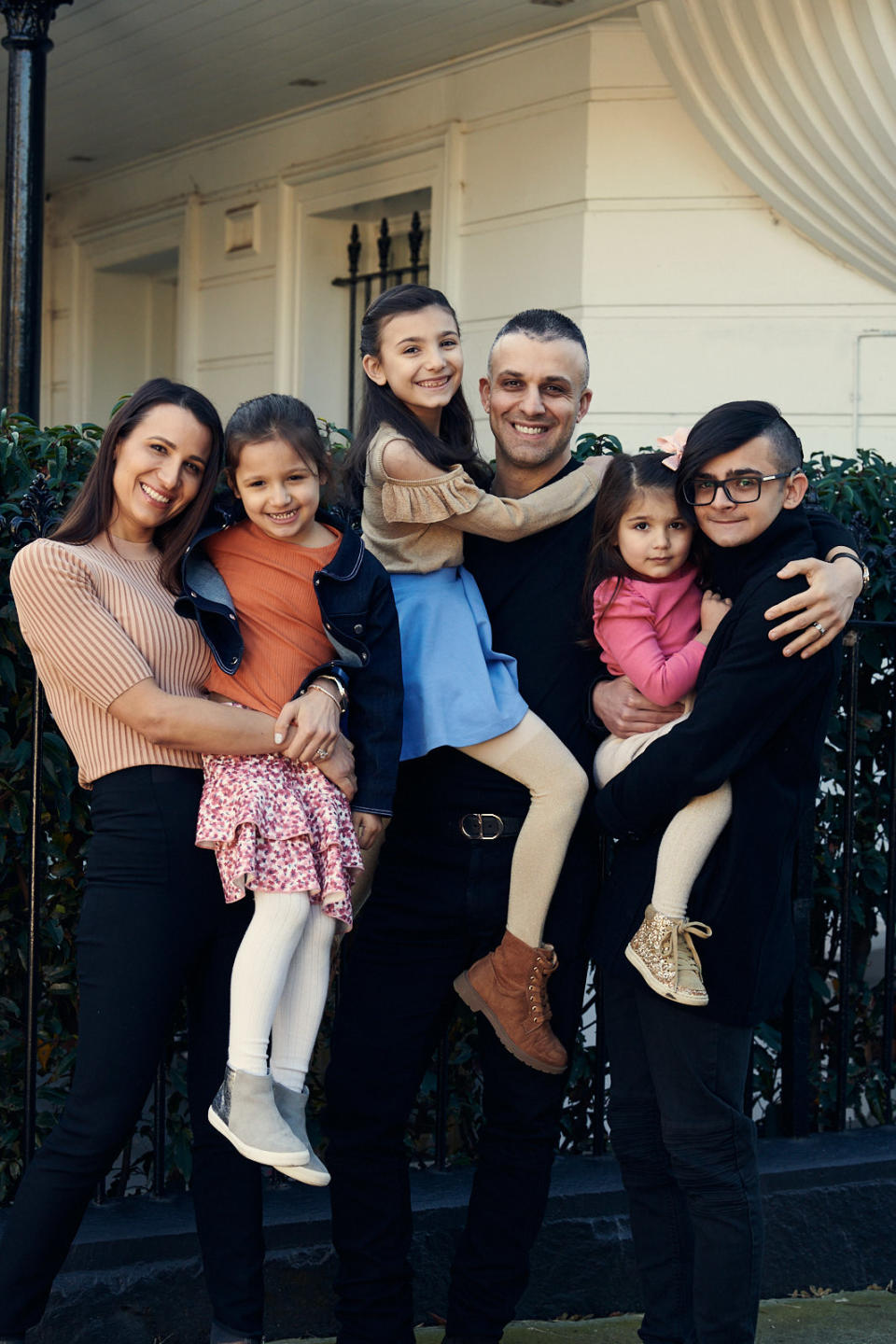The financial incentive which set Billie Christofi up for life

Billie Christofi bought into her first property syndicate at 16. Two decades later, she has a portfolio of 16 properties across Australia.
Currently running the financial arm of her business in lockdown in Victoria, and with four kids at home, she shares how she got an early start on investing and how her early success inspired her to start the property investment group, Reventon, with her husband.
The financial incentive which set Christofi up for life
The investment bug came from her grandfather, she said. He migrated to Australia in the 1970s with her parents, found work in a foundry, and drilled the need for education, and for ensuring your money works just as hard as you do into his children and grandchildren from an early age.
He lived by the principle that, “If on Monday, you know how much you’re getting paid on Friday, you will never be wealthy,” says Christofi, leading her to consider how she could make money without relying on a paycheck.
Christofi’s grandfather also offered a financial incentive to his grandkids, which helped set them up for life – an incentive that Christofi recommends all parents consider if they can.
“He would say to me, ‘anything you give to me, I will put into shares for you’.”
Even better, when she would hit $1000 in accumulated savings, he promised to double it before putting it in the stock market.
The first good investment

By the age of 16, Christofi was able to use the $16,000 she had invested in shares, to buy into her first commercial property syndicate. Four years later at the age of 22, that $16,000 had become $45,000, which she used – as well as an additional $15,000 she had personally saved and $10,000 she was gifted from her parents ($70,000 in total) – to buy her first apartment in South Yarra for $430,000.
It was a good investment and she credits that first property’s exceptional growth a significant aid to her investment journey. Eighteen months after purchasing the apartment, she sold it for $575,000, giving her enough to buy another two properties.
“I leveraged off the growth I had gained early on to keep investing, choosing properties that weren't costing a lot in out of pocket expenses so that I could keep my borrowing capacity high. For me, I selected properties back then that were between the $350,000 - $450,000 mark so that I could easily afford the deposit and set up costs and have the rental income cover most the costs. This helped me be able to continue to get lending and keep expanding my property portfolio.”
“There’s a cap on your income,” she adds. “It’s what you can do with the money you earn that’s really going to make you wealthy.”
For Christofi, the career aspirations she thought she should have – based on what her grandparents wanted her to do – didn’t eventuate. She dropped out of the double science/law degree in her final year because she saw better opportunities in business, and opportunities to use what she earned to invest.
How Christofi manages her workload
Now, managing a busy workload with kids, Christofi is up at 4am every morning to get organised for the day. She accesses three hours of quiet time before the chaos begins, which is particularly helpful right now given Victoria’s current stage 4 lockdown and as three of the four kids at home are learning remotely.
But she remains passionate and committed to finding balance, which means quality family time, helping clients to achieve more, and focusing on healthy eating, learning, fitness and mental wellbeing.
“I might not be able to work on all of this every day but, as long as I can touch on each one during a week, I know I’m moving forward and working on what matters to me,” she said.
This same philosophy can be applied to money: “If you view your money as a component of your energy, you will think twice before giving it away for things that simply aren’t worth it.”
As a final tip, she recommends rethinking the “leftovers” when it comes to saving. “Shift the mindset from simply saving what’s leftover. Instead put the discipline in place to save first, and then spend what’s left.”
Want to take control of your finances and your future? Join the Women’s Money Movement on LinkedIn and follow Yahoo Finance Australia on Facebook, Twitter and Instagram.

